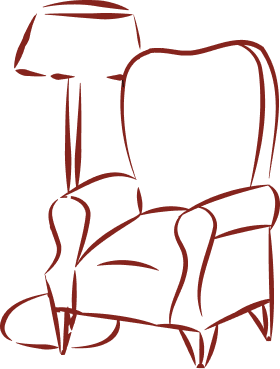It’s proven that learning to breathe more deeply can help you feel a lot calmer.
Although it is actually a very simple thing to do, you might find it difficult to make a start. Like many others under stress, you might feel that you haven’t got enough time or energy to do something so simple.
However, you can try this anywhere, at anytime, whilst sitting or lying in any position you choose.
Briefly, you need to breathe in through your nose and out through your mouth. Count as you breathe. Start by counting ‘one, two, three, four’ as you breathe in and ‘one, two, three, four’ as you breathe out. Try to keep your shoulders down and relaxed, and place your hand on your stomach – it should rise as you breathe in and fall as you breathe out.


